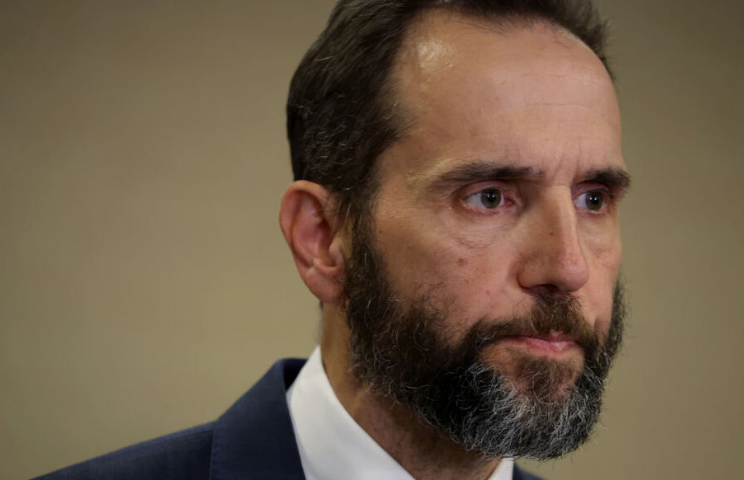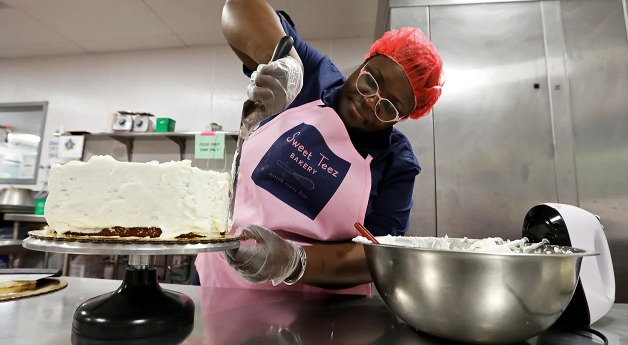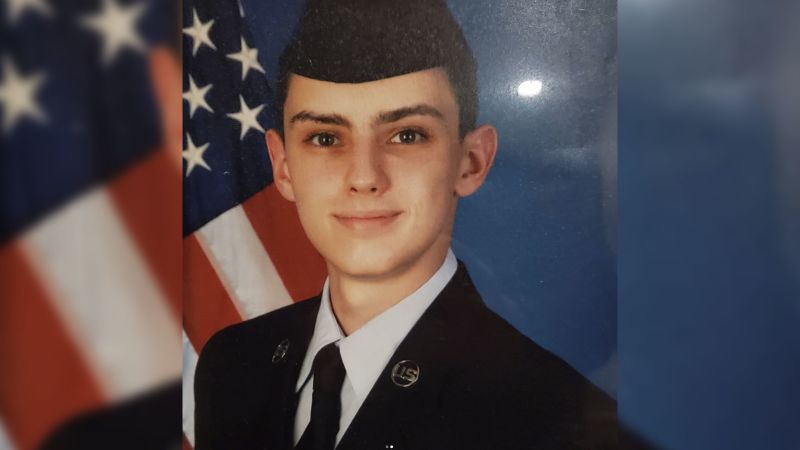In a detailed nine-page court document released on Tuesday, special counsel Jack Smith unveiled key elements of the evidence to be presented at Donald Trump’s impending federal trial for election fraud. The filing reveals that Smith’s prosecution will not be limited to Trump’s actions and statements between the 2020 election and January 6, 2021. Instead, it will trace back years, illustrating Trump’s groundwork for election fraud claims well before his 2016 face-off with Hillary Clinton.
The document portrays Trump’s actions following the 2020 loss as not merely a spontaneous or misguided reaction to that election. Trump’s long-standing pattern of making false election fraud claims indicates a refusal to accept voting results, undermining his assertion of genuinely believing in his victory in 2020. This narrative establishes his post-election conduct as a calculated attempt to subvert the authentic election outcome.
Furthermore, the document suggests that Smith’s team may introduce testimony from an unindicted co-conspirator and member of Trump’s 2020 campaign. The section titled “Historical Evidence of the Defendant’s Consistent Plan of Baselessly Claiming Election Fraud” includes several of Trump’s public statements preceding the conspiracy outlined in the indictment. These include pre-2016 election tweets, which Smith argues were intended to foster distrust in presidential election results.
Senior assistant special counsels Molly Gaston and Thomas Windom, co-signatories of the document, assert that Trump’s statements were part of a deliberate strategy to establish grounds for overturning election results. They contend that Trump’s pre-2020 election comments about anticipated fraud were a precursor to the claims he made post-voting. These statements, along with actions leading up to the January 6 insurrection, will be presented in court.
The filing also highlights Trump’s refusal to commit to a peaceful power transition, including his remarks about a continuation rather than a transfer of power, and his refusal to acknowledge the need for peaceful transition during a 2016 debate.
The document notes that Trump’s activities didn’t cease on January 6. It references his ongoing support for insurrectionists like Proud Boys leader Enrique Tarrio and his continued attacks on officials who opposed his plans. Trump’s post-conspiracy support for violent rioters, whom he now labels “patriots,” is considered crucial evidence of his intent and motive on January 6.
An intriguing aspect of the government’s case involves evidence of an unindicted co-conspirator and campaign agent who allegedly tried to disrupt the vote count and incited rioting post-election. This individual’s connection to events at Detroit’s TCF Center, where Trump made unfounded claims about vote counting, will also be examined.
While it’s not confirmed that this co-conspirator will testify, the evidence associated with their actions and coordination with Trump adds significantly damaging details to the prosecution’s case.
The trial is scheduled to commence on March 4, 2024, in Washington, D.C., under federal District Judge Tanya Chutkan. Recently, Chutkan dismissed Trump’s claim of broad immunity from prosecution. A gag order imposed by Chutkan was temporarily suspended by an appeals court on Sunday.









